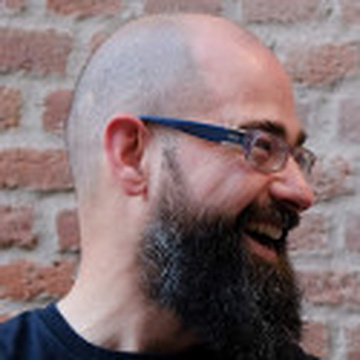[ crosspost su VoIT ]
Per chi non lo sapesse la settimana appena passata c’e’ stato un grosso e fruttuoso evento inerente il Semantic Web:
-> International Semantic Web Conference 2005
ISWC is a major international forum where visionary and state-of-the-art research of all aspects of the Semantic Web are presented.
ISWC2005 follows the 1st International Semantic Web Conference (ISWC2002 which was held in Sardinia, Italy, 9-12 June 2002), the 2nd International Semantic Web Conference (ISWC2003 which was held in Florida, USA, 20 - 23 October 2003) and 3rd International Semantic Web Conference (ISWC2004 which was held in Hiroshima, Japan, 7 - 11 November 2004).
Di materiale interessante ne e’ uscito veramente molto e nelle prossime settimane probabilmente verra’ ripreso, intanto vorrei segnalare un paio di link utili per i piu’ curiosi:
- This Week’s Semantic Web
Una raccolta molto utile di links sugli eventi di questa settimana e non solo, sempre dal saggio filtro di [Danny Ayers](http://dannyayers.com/ title= “Danny Ayers Blog”)… - Putting the Web back in Semantic Web
Presentazione fondamentale di Sir Tim Berners Lee da tenere e leggere con attenzione…
[ per i piu’ distratti la riprendero’ nei prossimi giorni ]
Inoltre c’e’ un articolo che devo aver gia’ segnalato tempo addietro in inglese, che e’ stato tradotto e che data la sua importanza merita una doverosa rilettura:
-> Preferenza per i dati o preferenza per la struttura?
Alcuni pensano che sia naturale e gratificante poter categorizzare e astrarre, mentre altri lo trovano frustrante e non necessario.
Il problema, con le tecnologie dell’informazione, è che i programmatori di computer spesso si ritrovano nella prima categoria mentre gli utenti di tali programmi spesso si ritrovano nella seconda…
